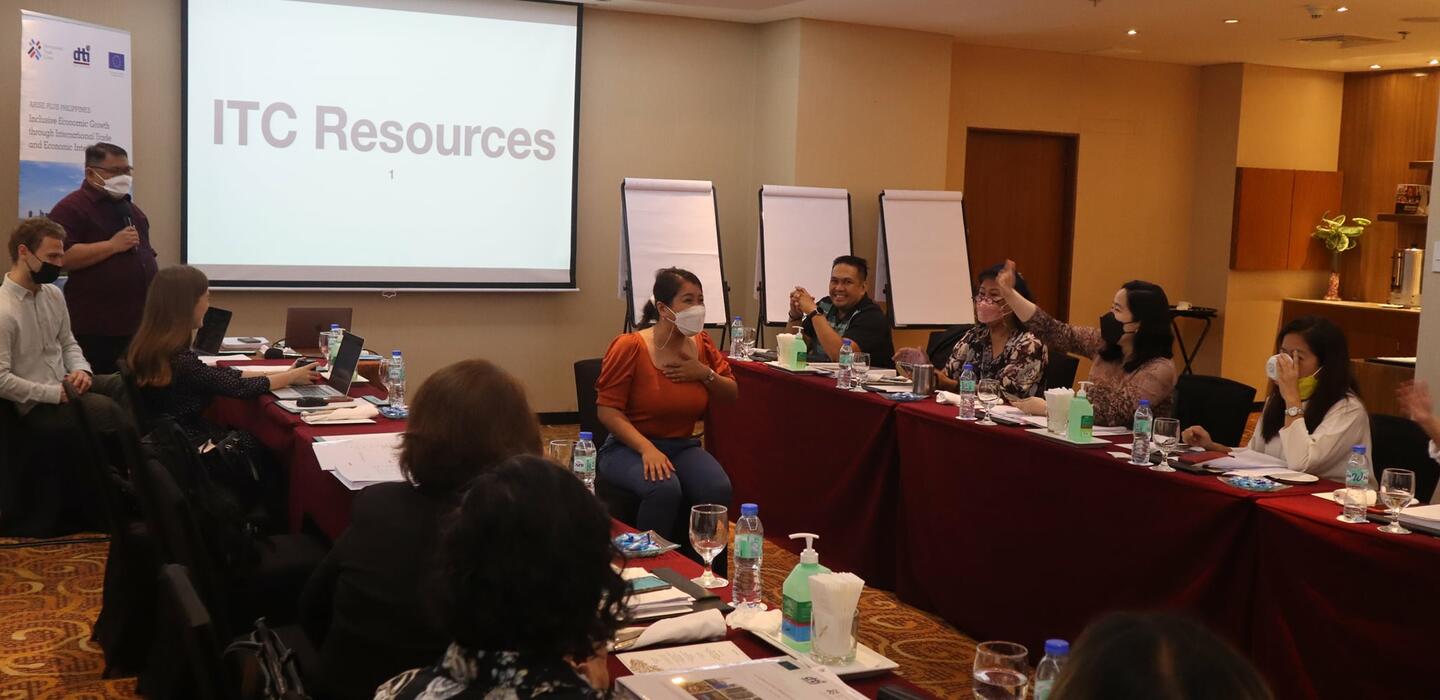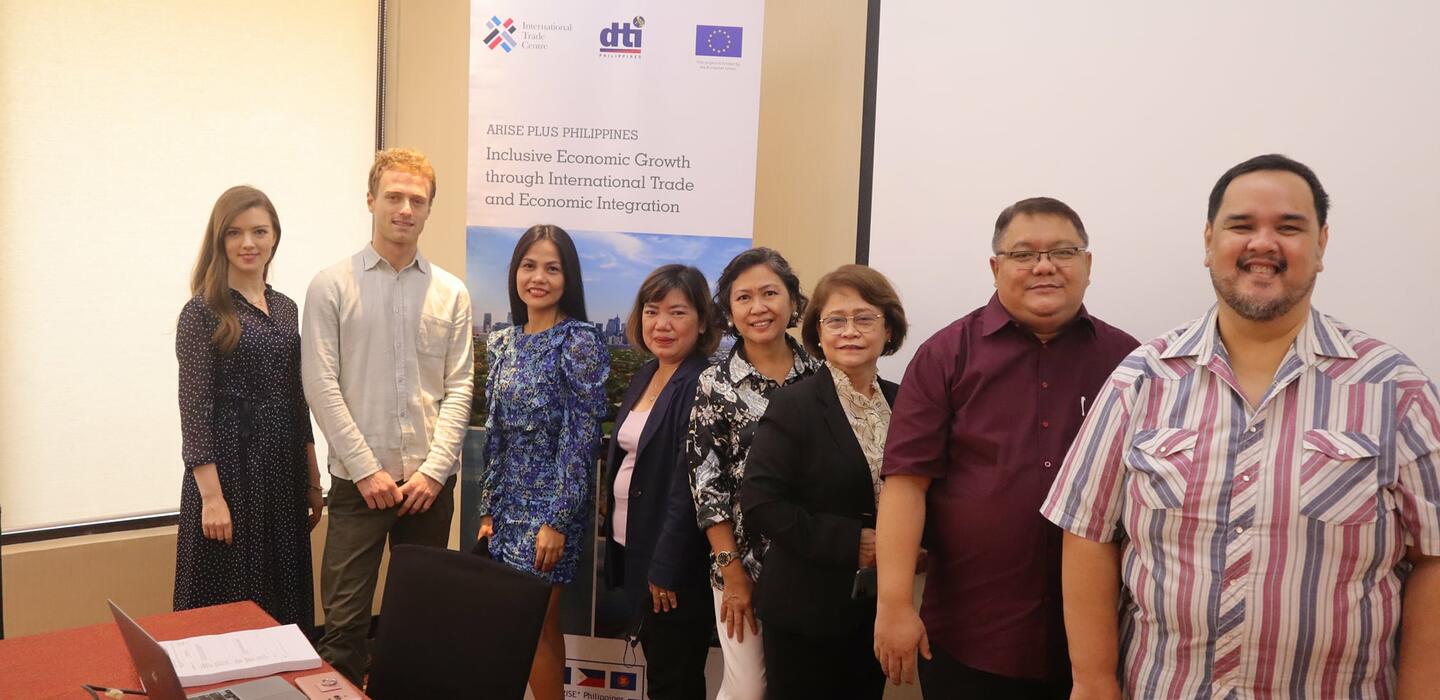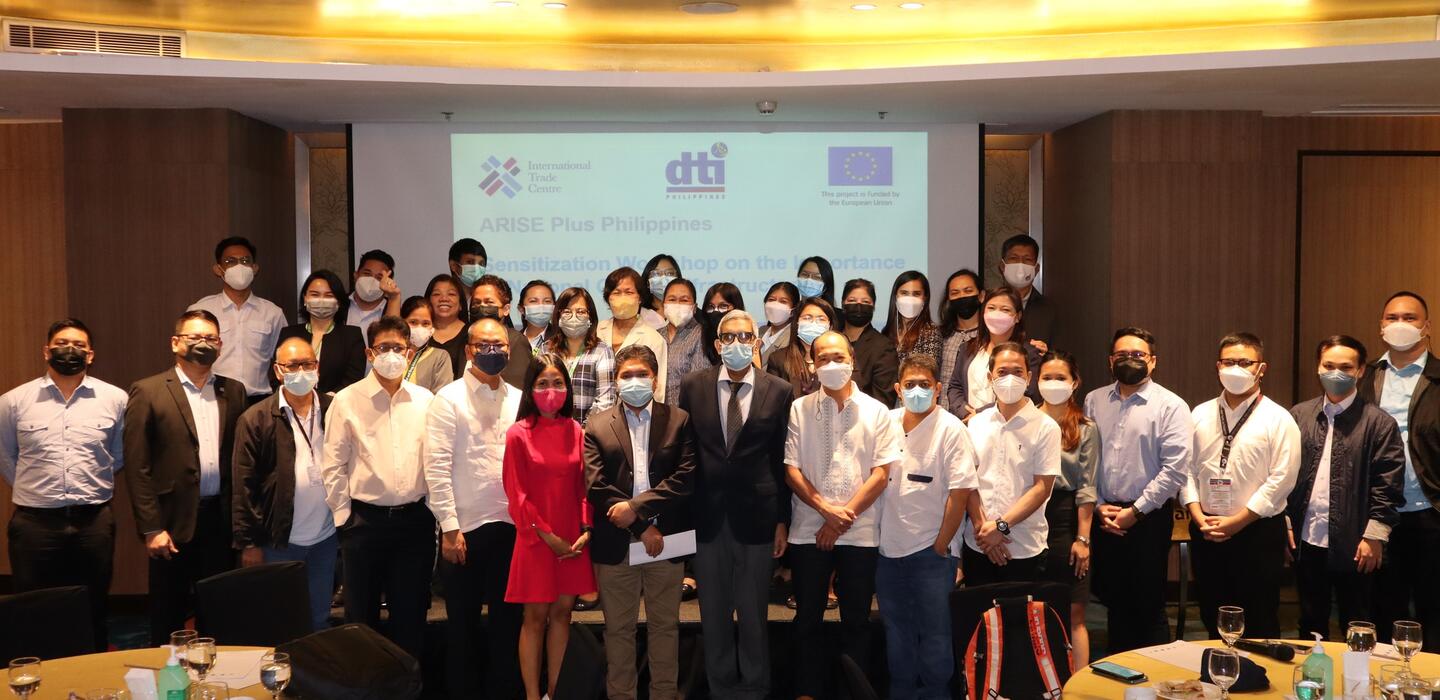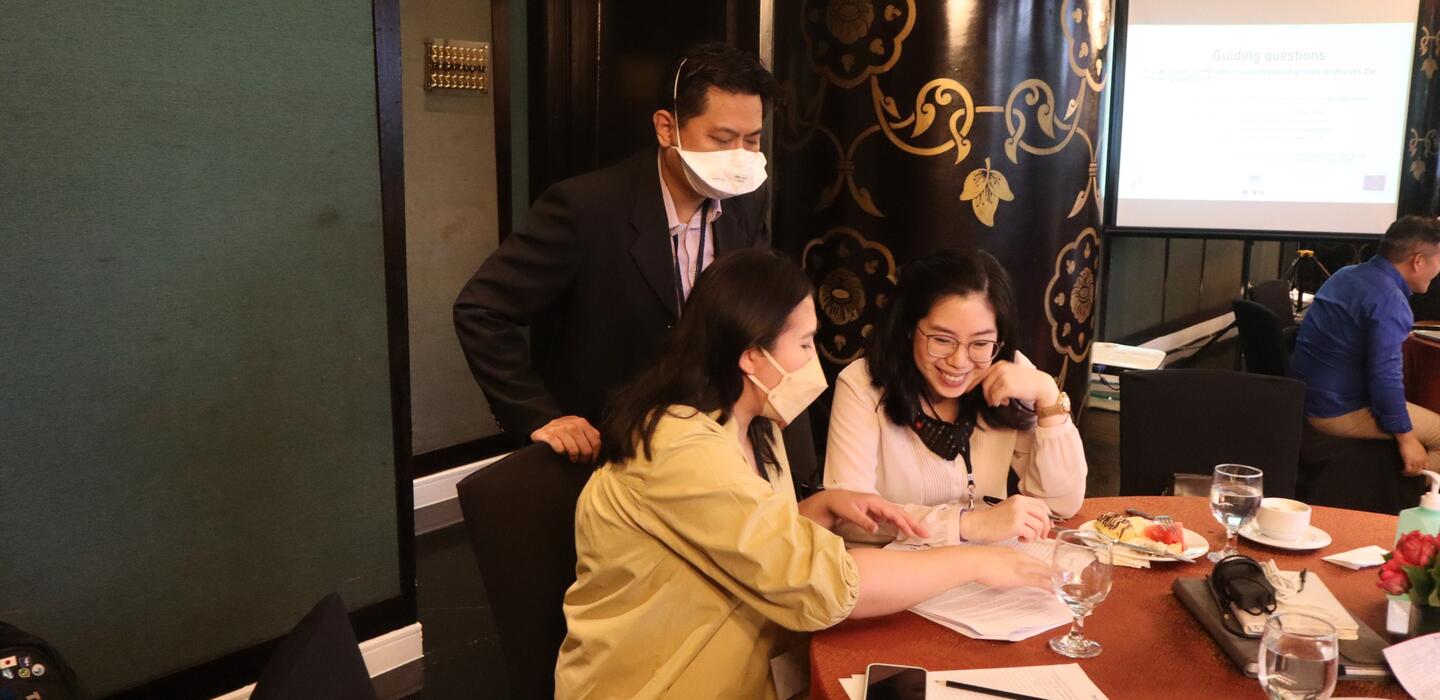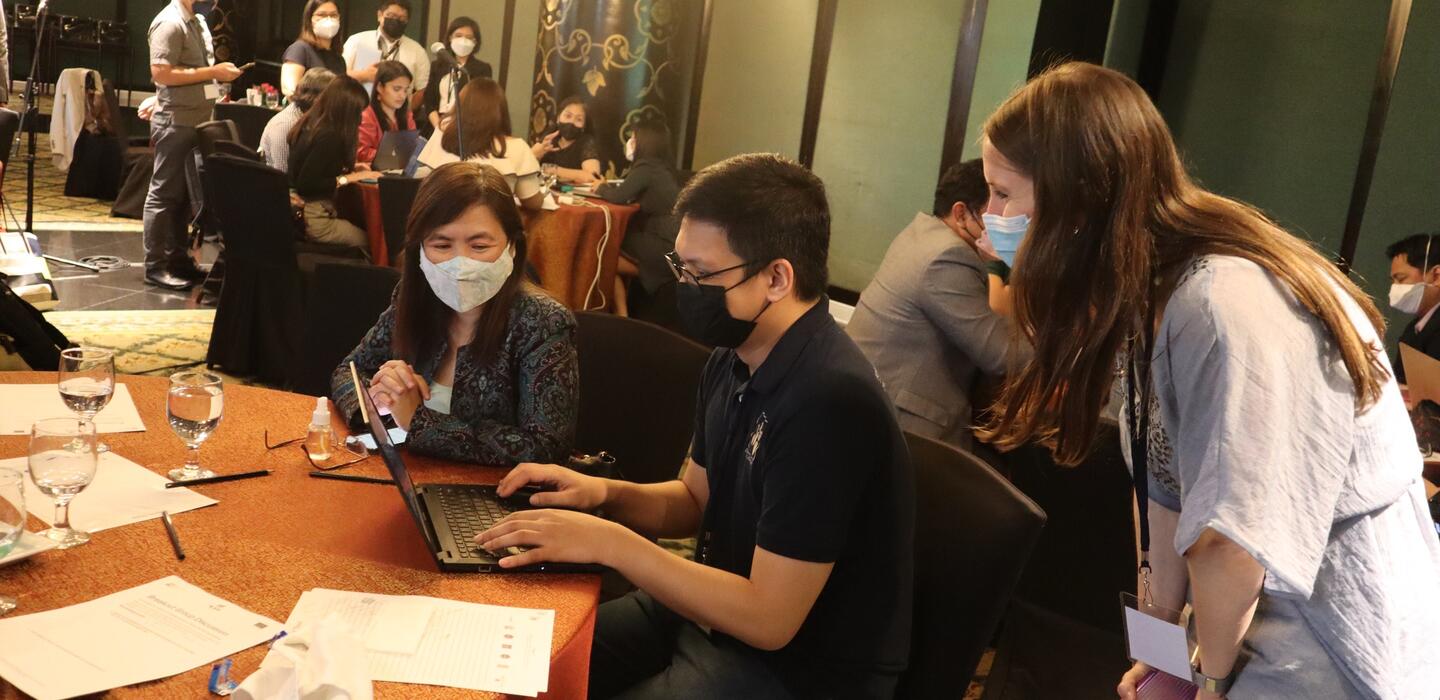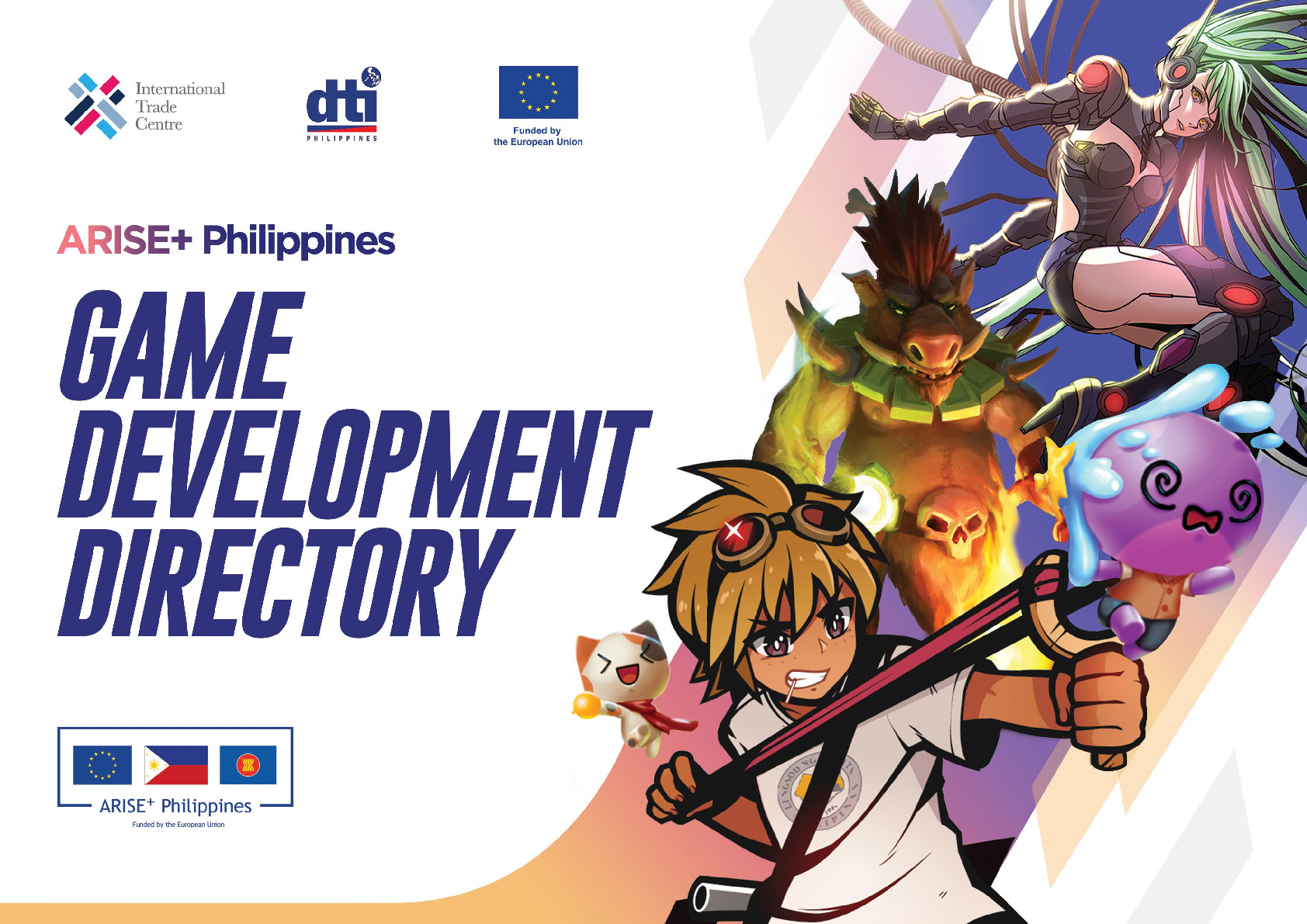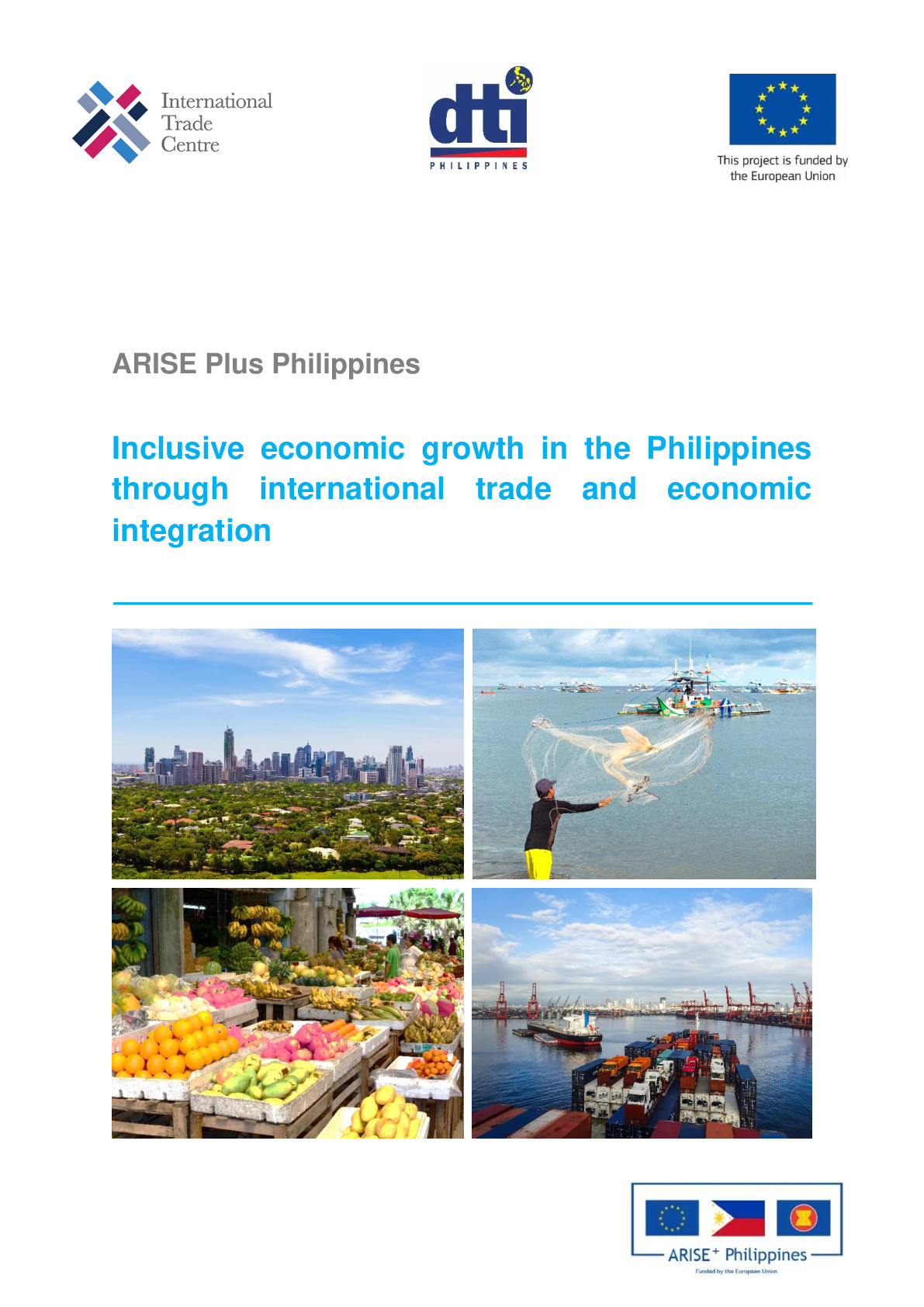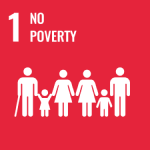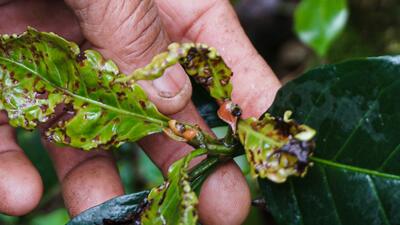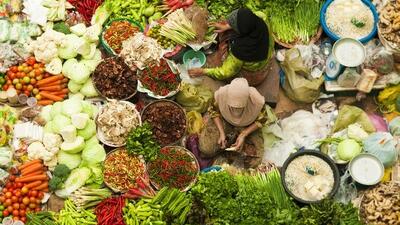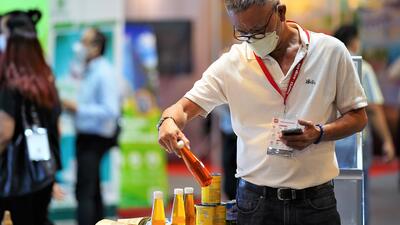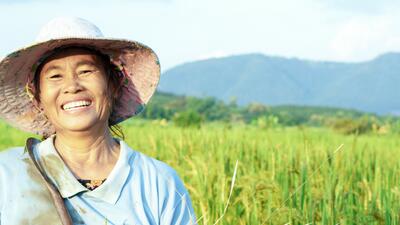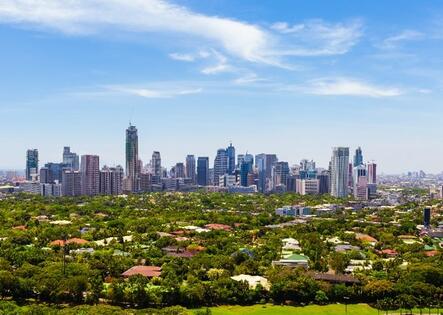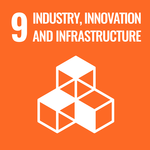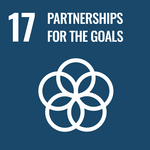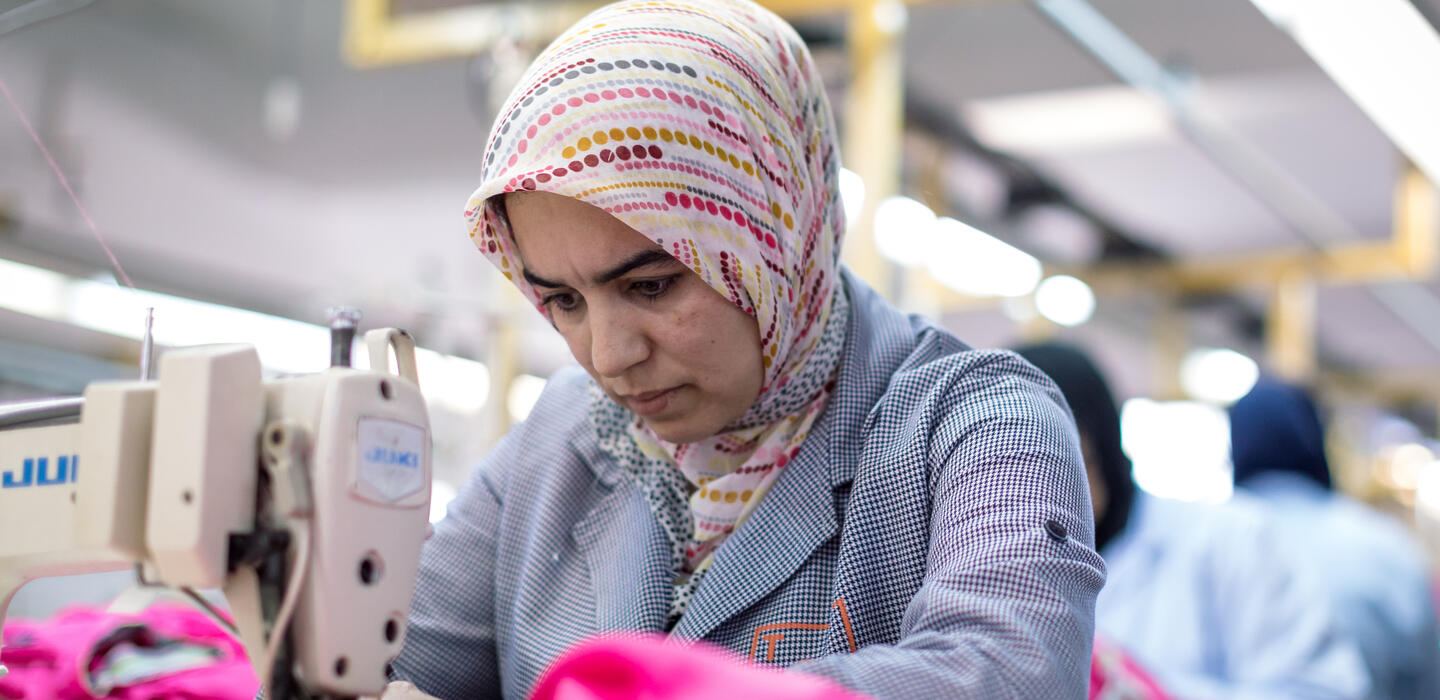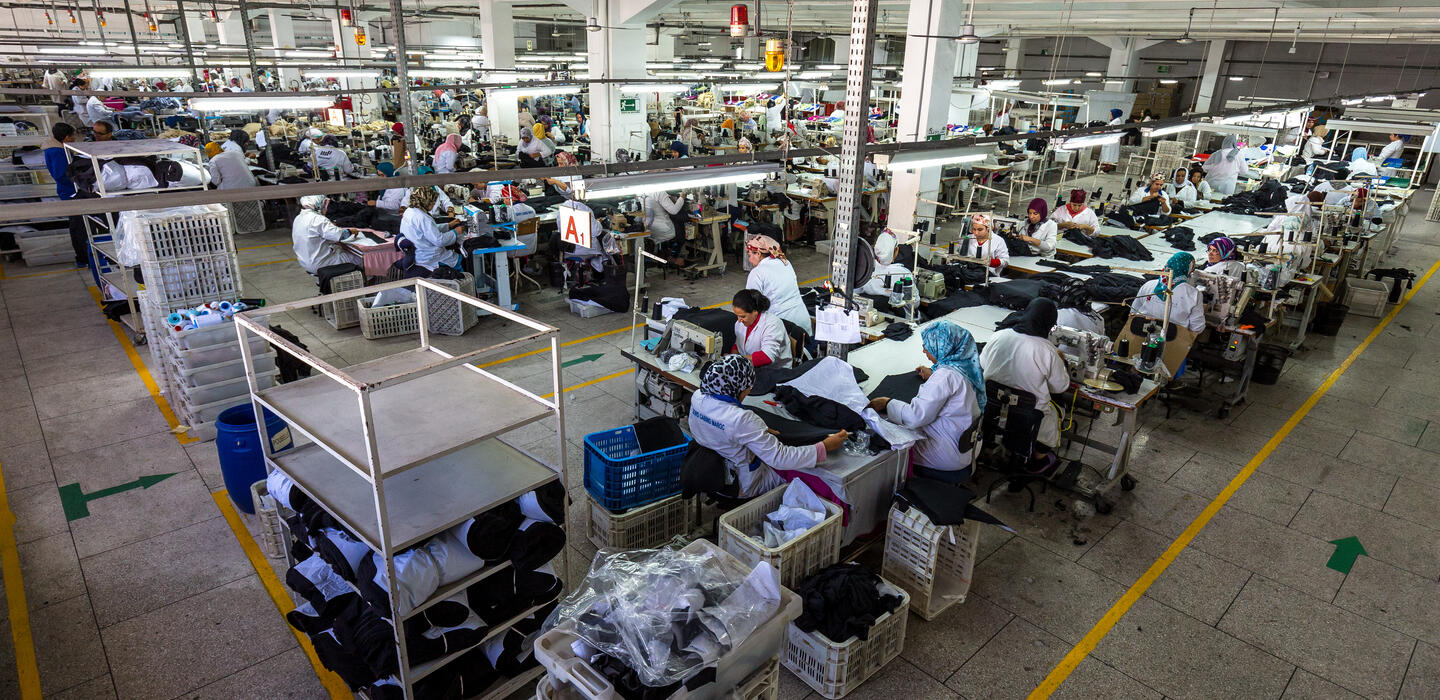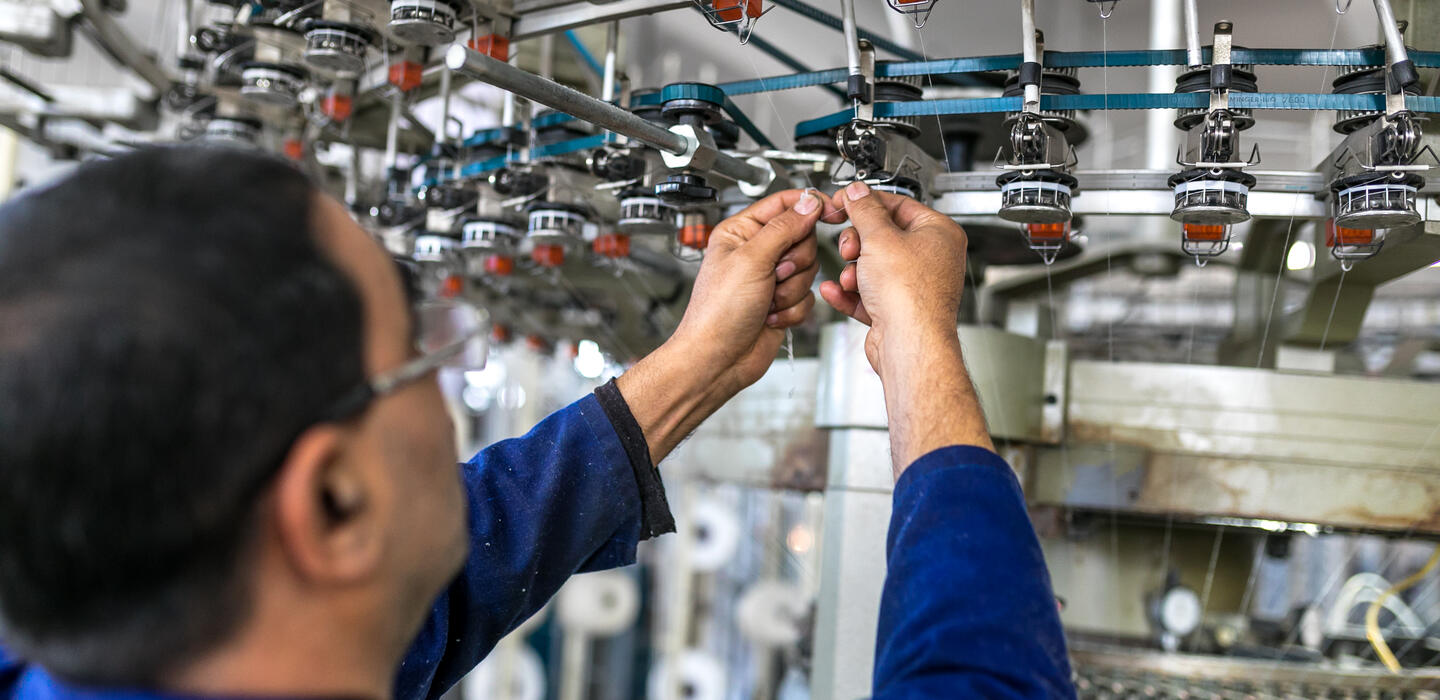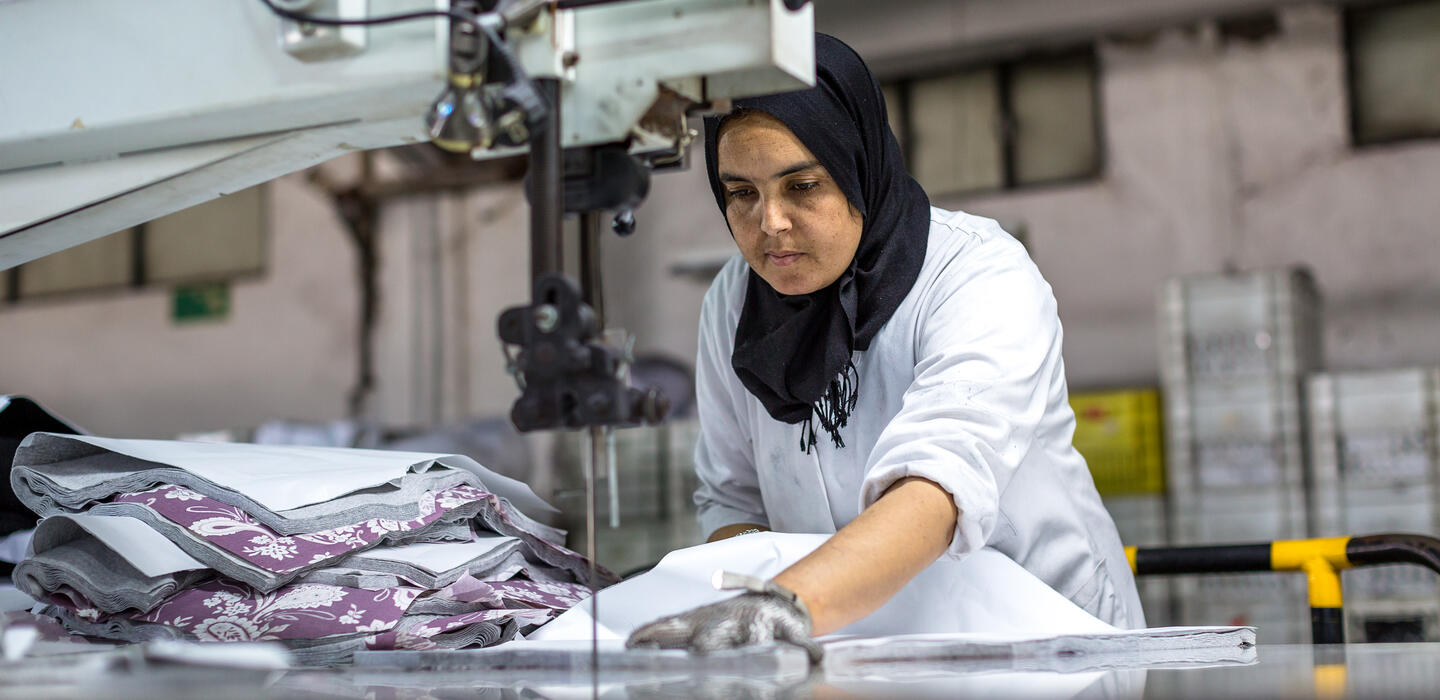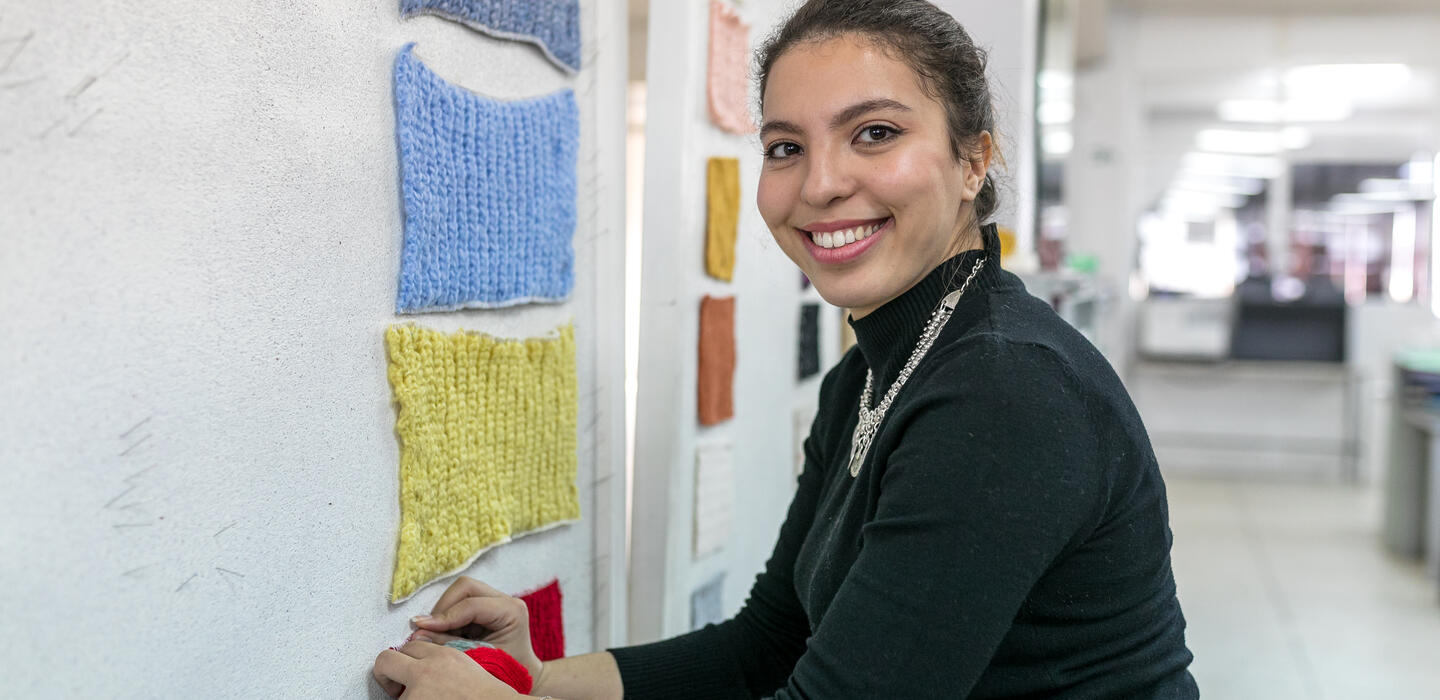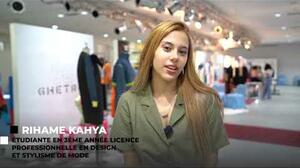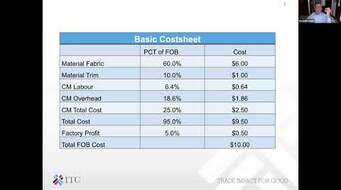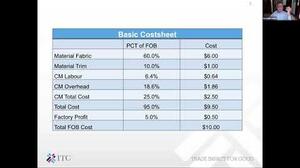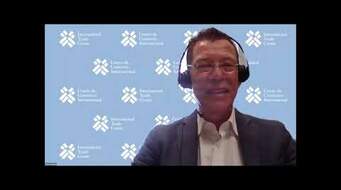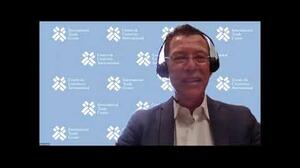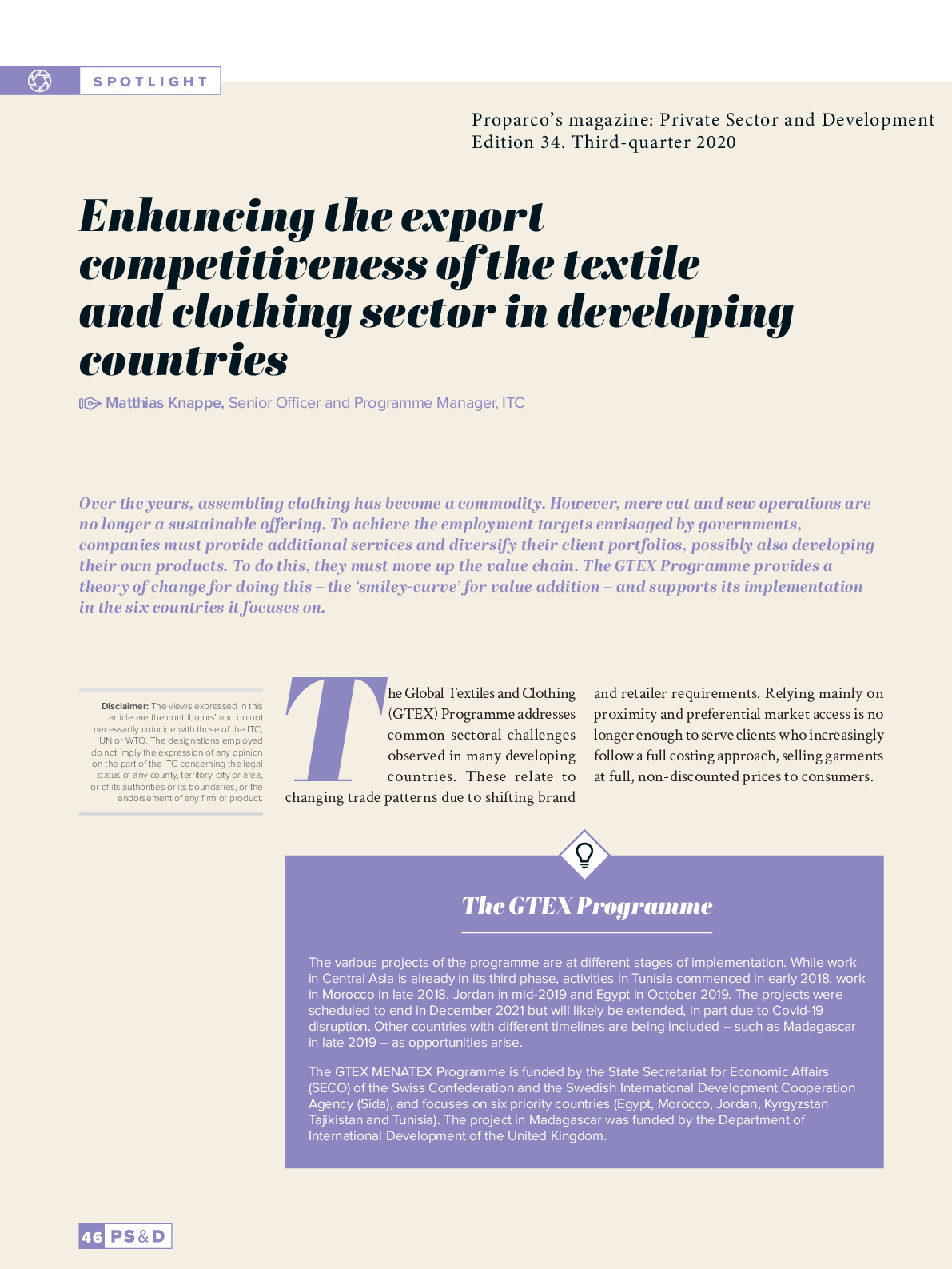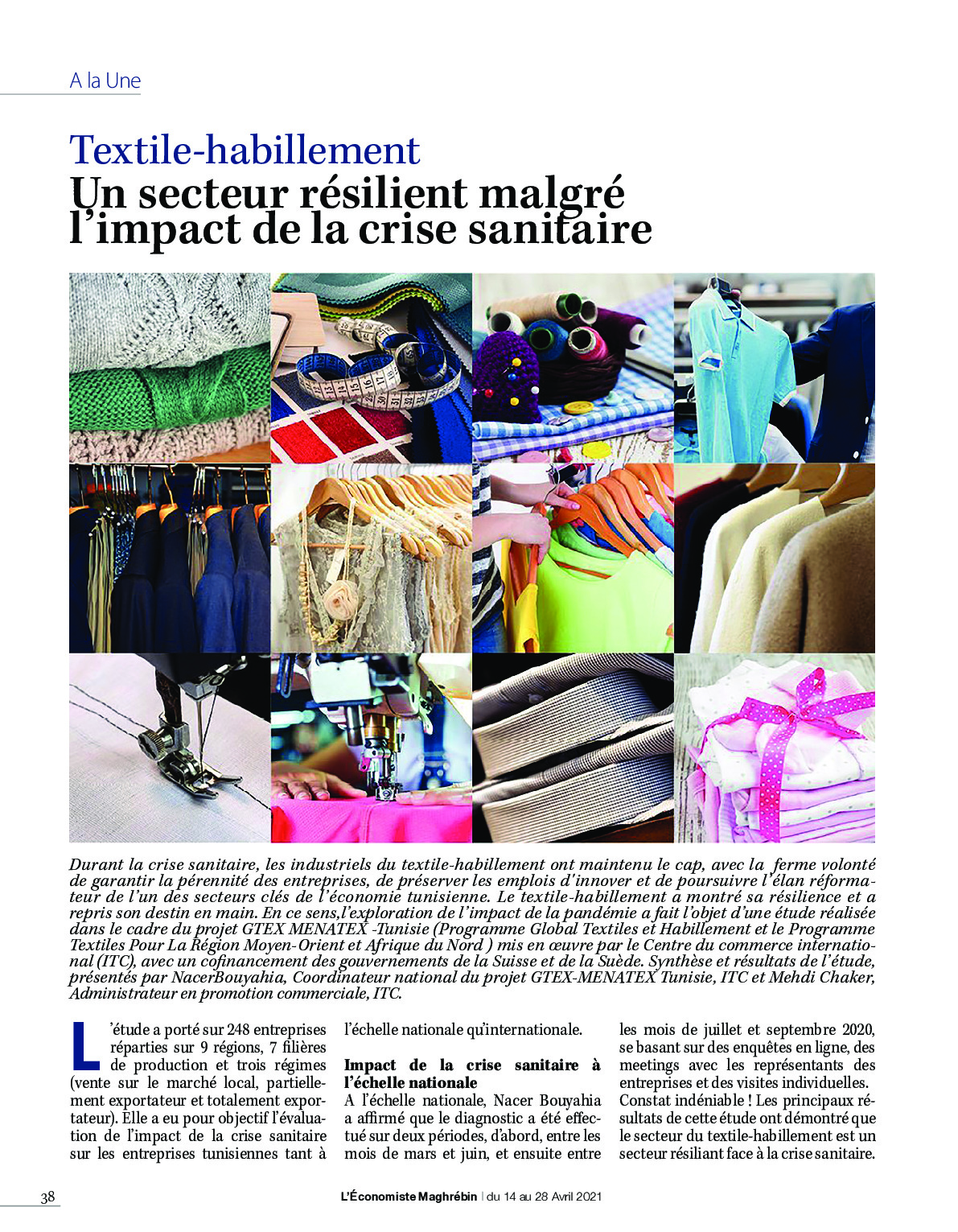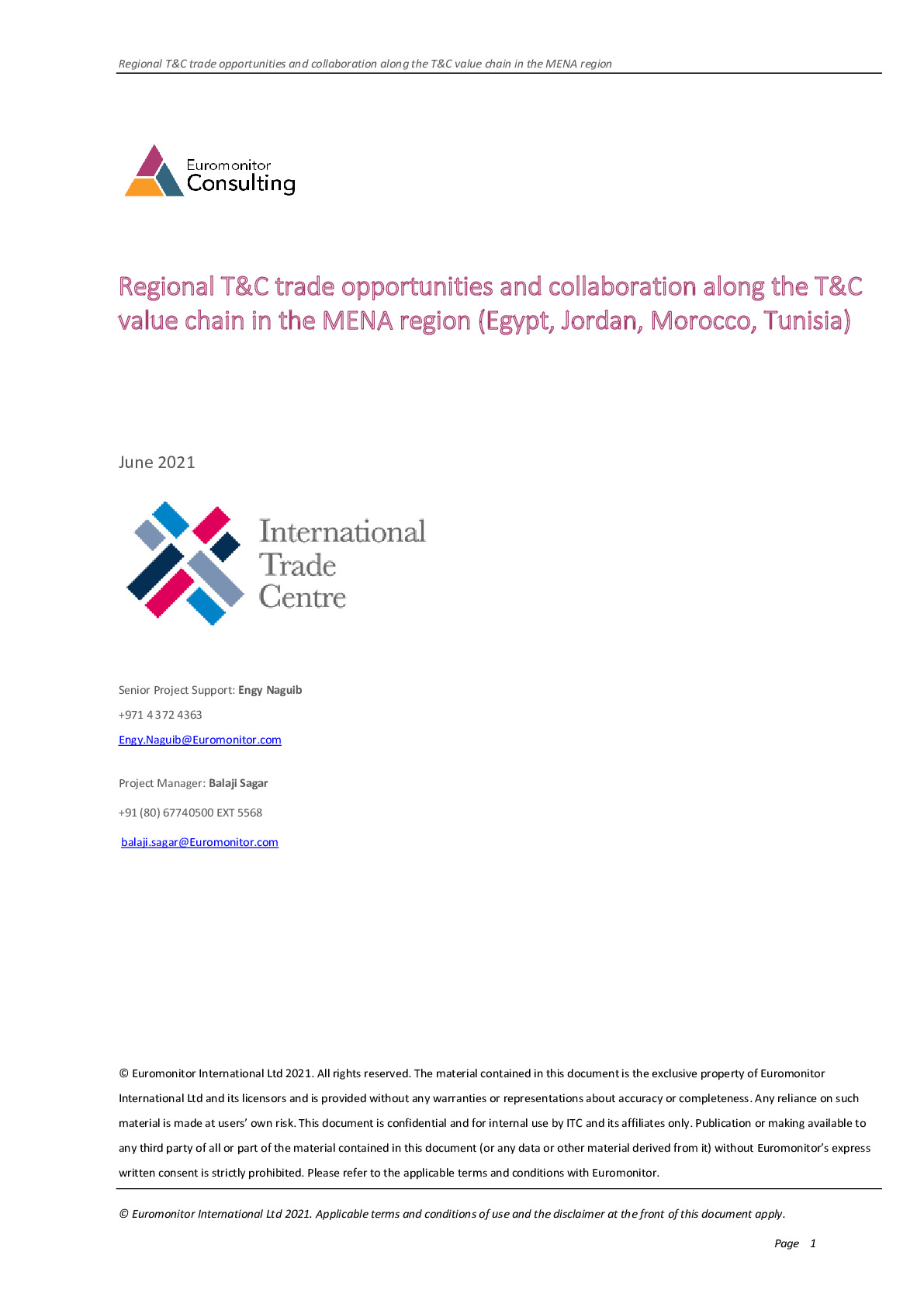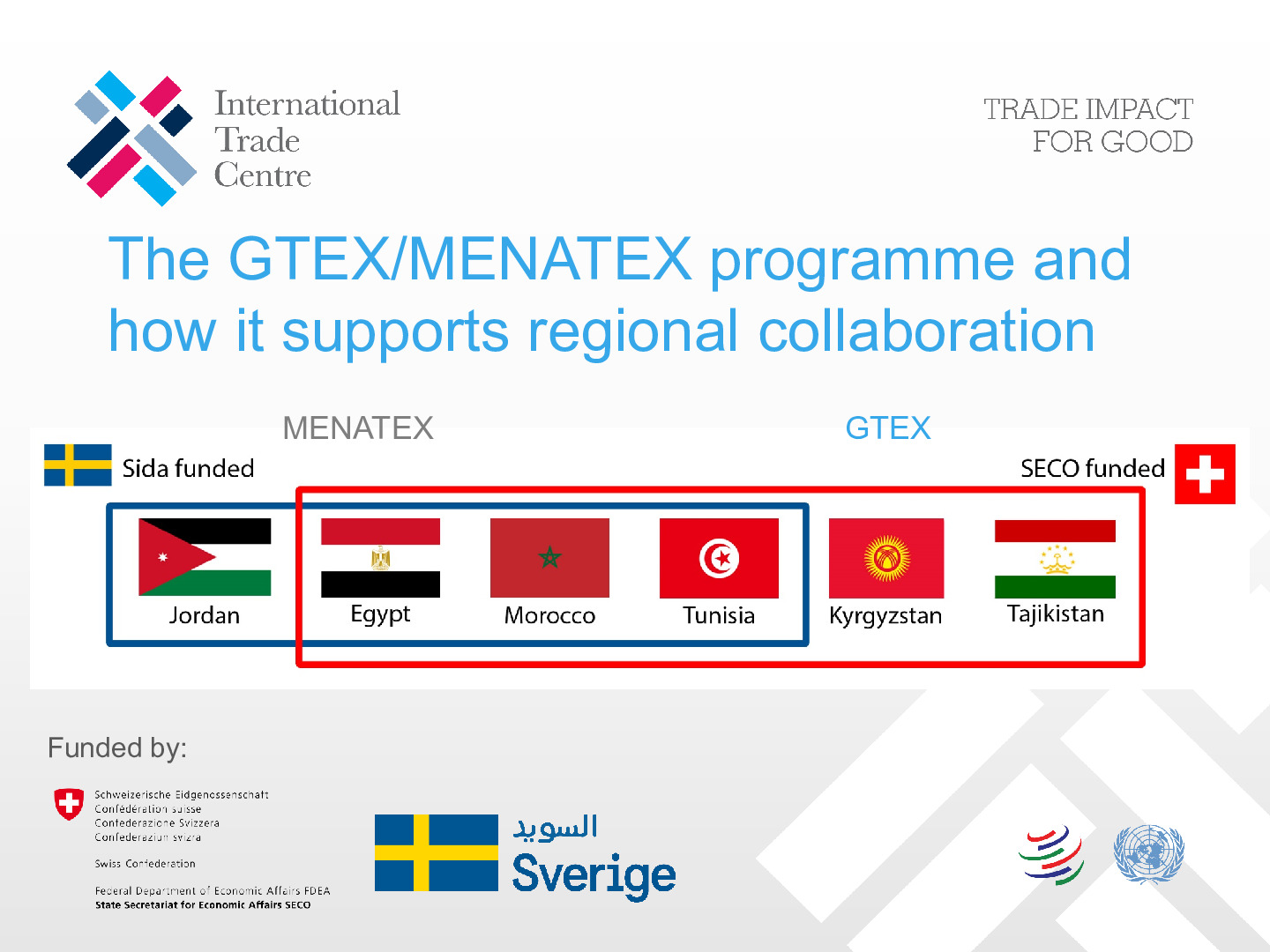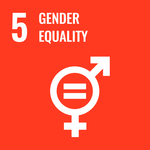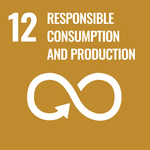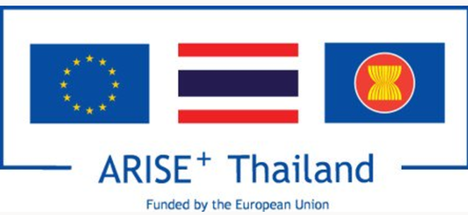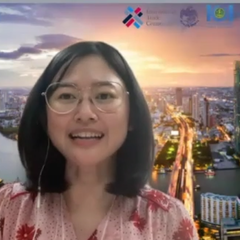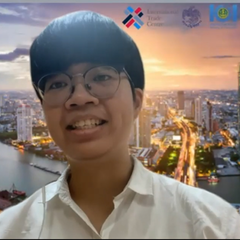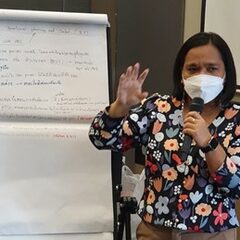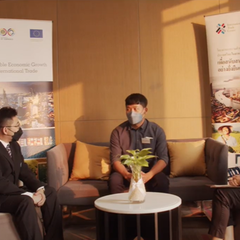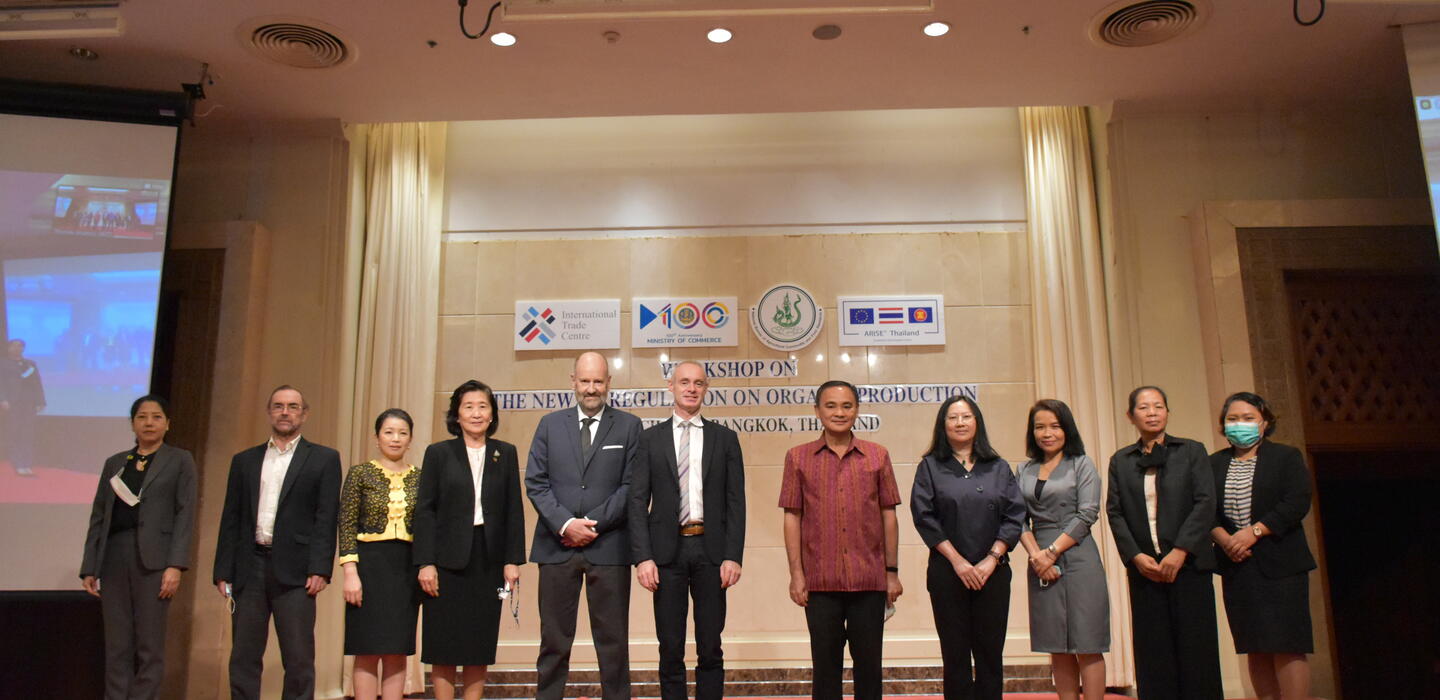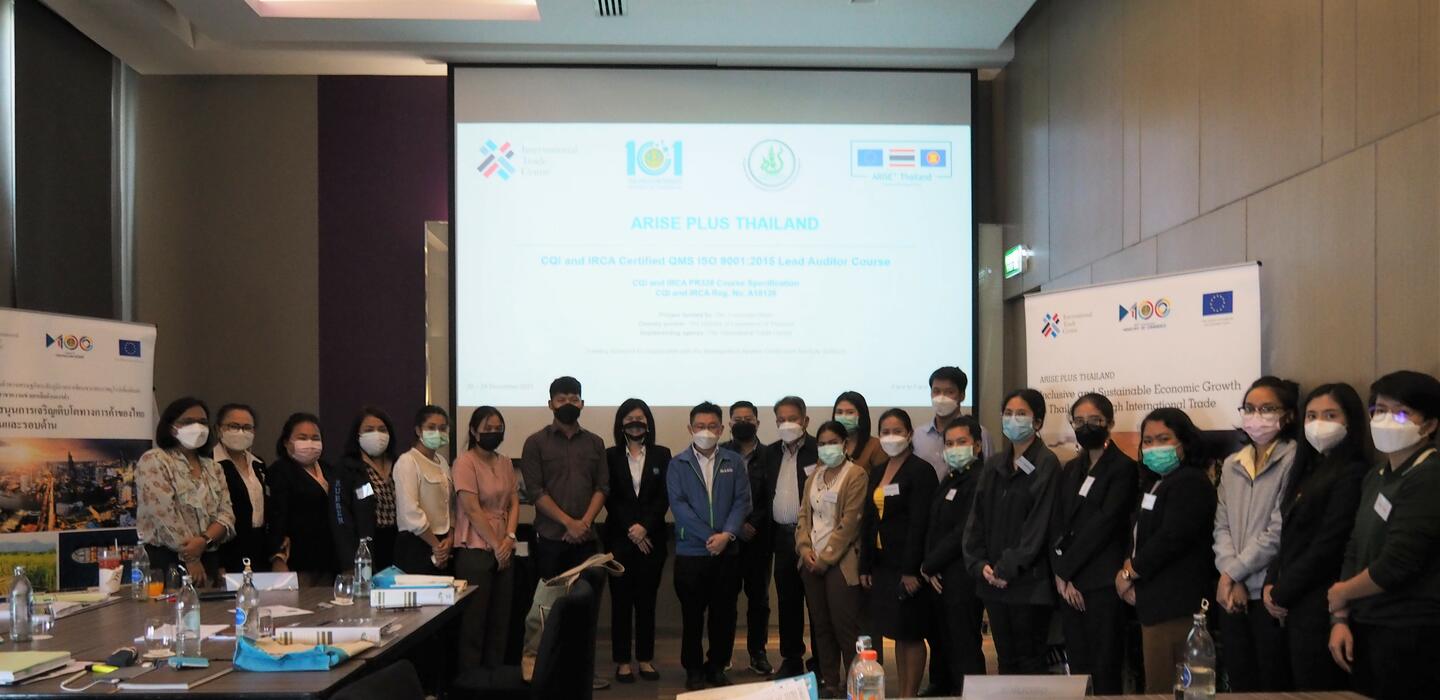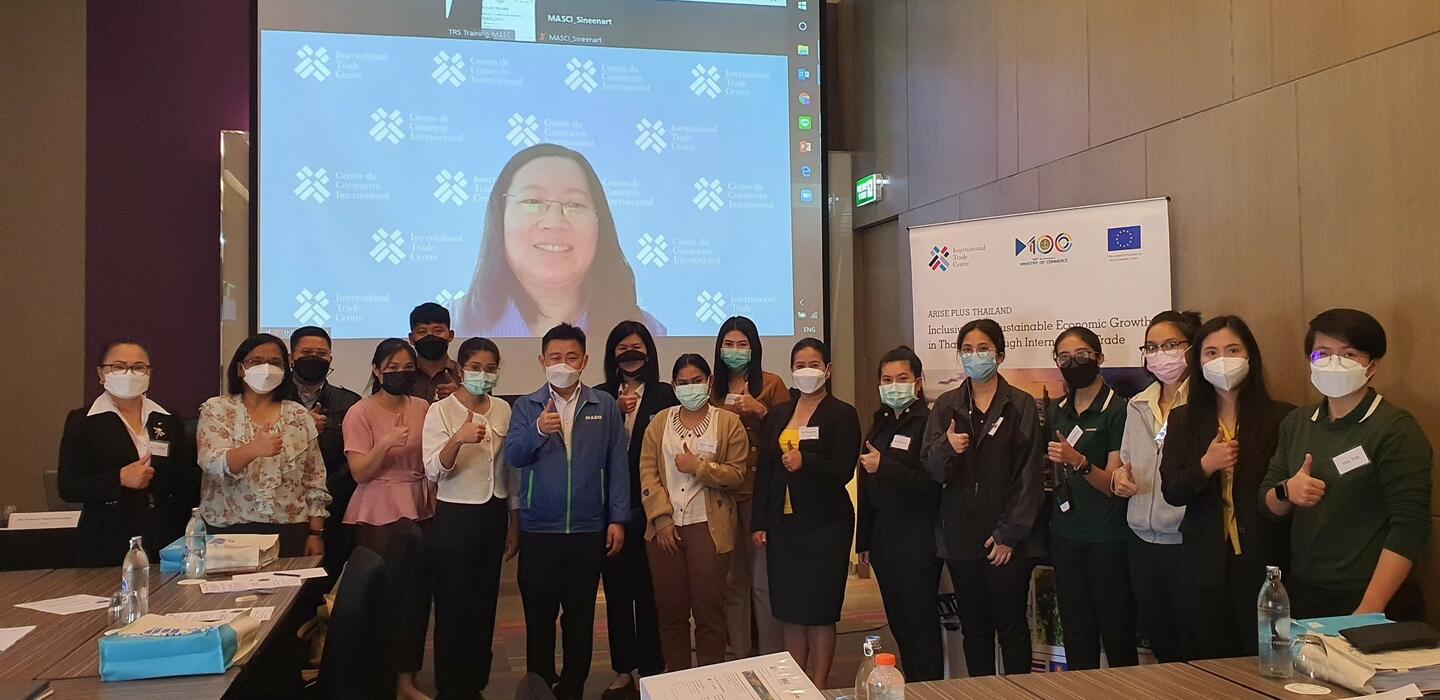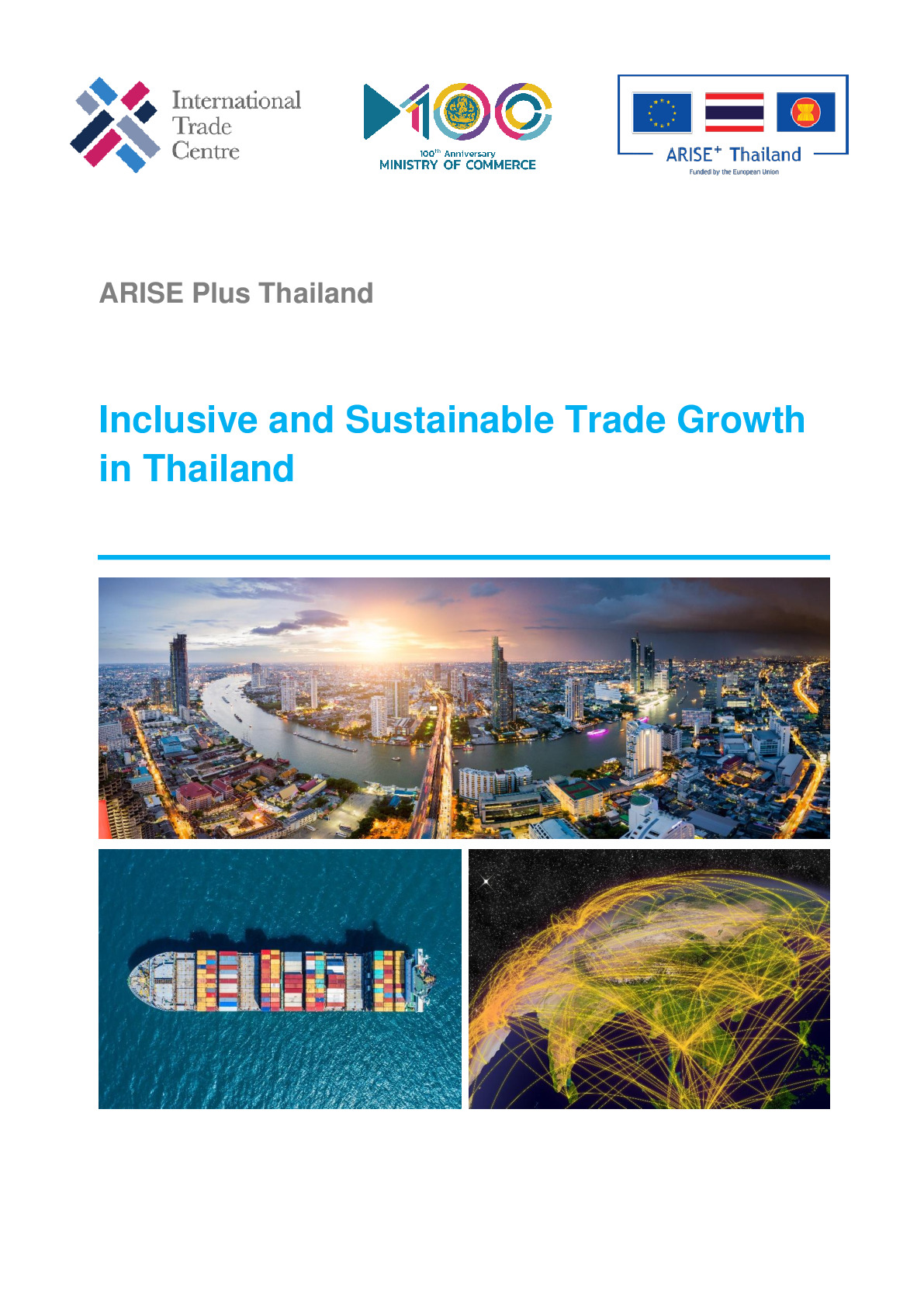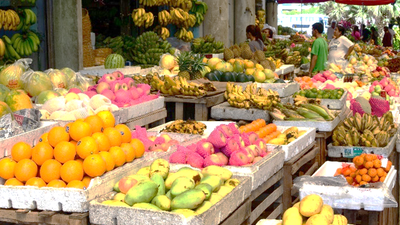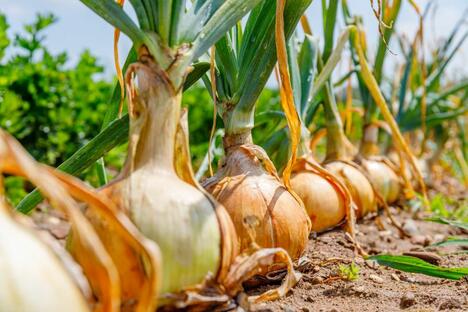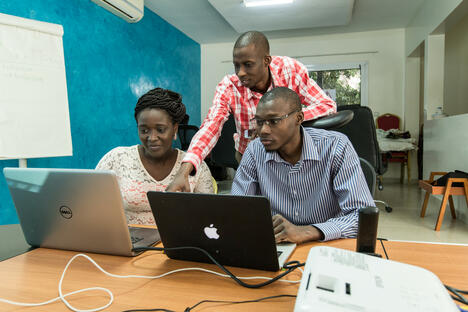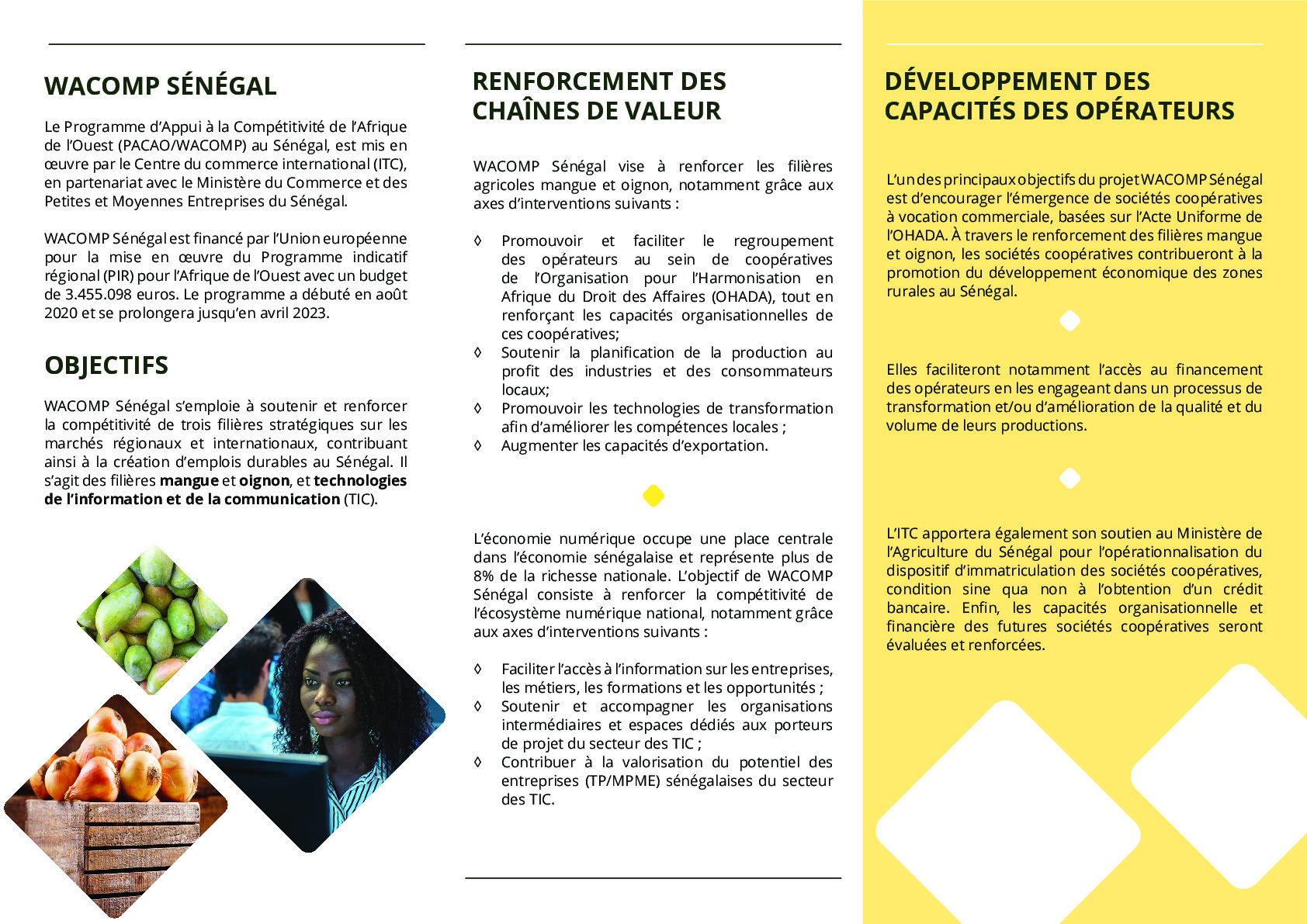Third largest economy of the region, the Philippines has achieved sustained rapid economic growth since the early 2000’s with an average real Gross Domestic Product (GDP) growth of 6.4% over the period 2010-19, outperforming most of its regional peers. This makes the Philippines one of the most dynamic economies in the region with a population in 2019 of 108 million, with a large proportion of youth (28% between 10 and 24 years old). The Philippine economy has undergone a persistent transformation, increasingly heading towards a service-based economy, with the services sector accounting for more than two thirds of the GDP, and agriculture declining to below 9% in 2019.
The Philippines reached lower middle-income country status in the late 70’s and set itself the target of achieving upper middle-income country status by 2022. While recent economic performances have translated into sustained and inclusive benefits, and improved the living conditions of millions of Filipinos, poverty remains widespread across the country, with one in five persons living in extreme poverty.
Openness to trade has increased steadily since 2014, although the Philippines’ trade balance remains characterised by a persistent and widening trade deficit caused by significant imports over exports, especially of key commodities such as crops and livestock. While the country’s exports recorded a 6% growth over the period 2015-19, exports in goods perform weakly and are highly concentrated, with electronics making up about 50% of the total. The majority of the country’s exports go to the United States of America, China, Japan, Singapore and the European Union (EU).
As such, the Philippines is actively pursuing increased trade openness, through reforms, regional and bilateral negotiations, and multilateral rule-making, to achieve its development objectives.





